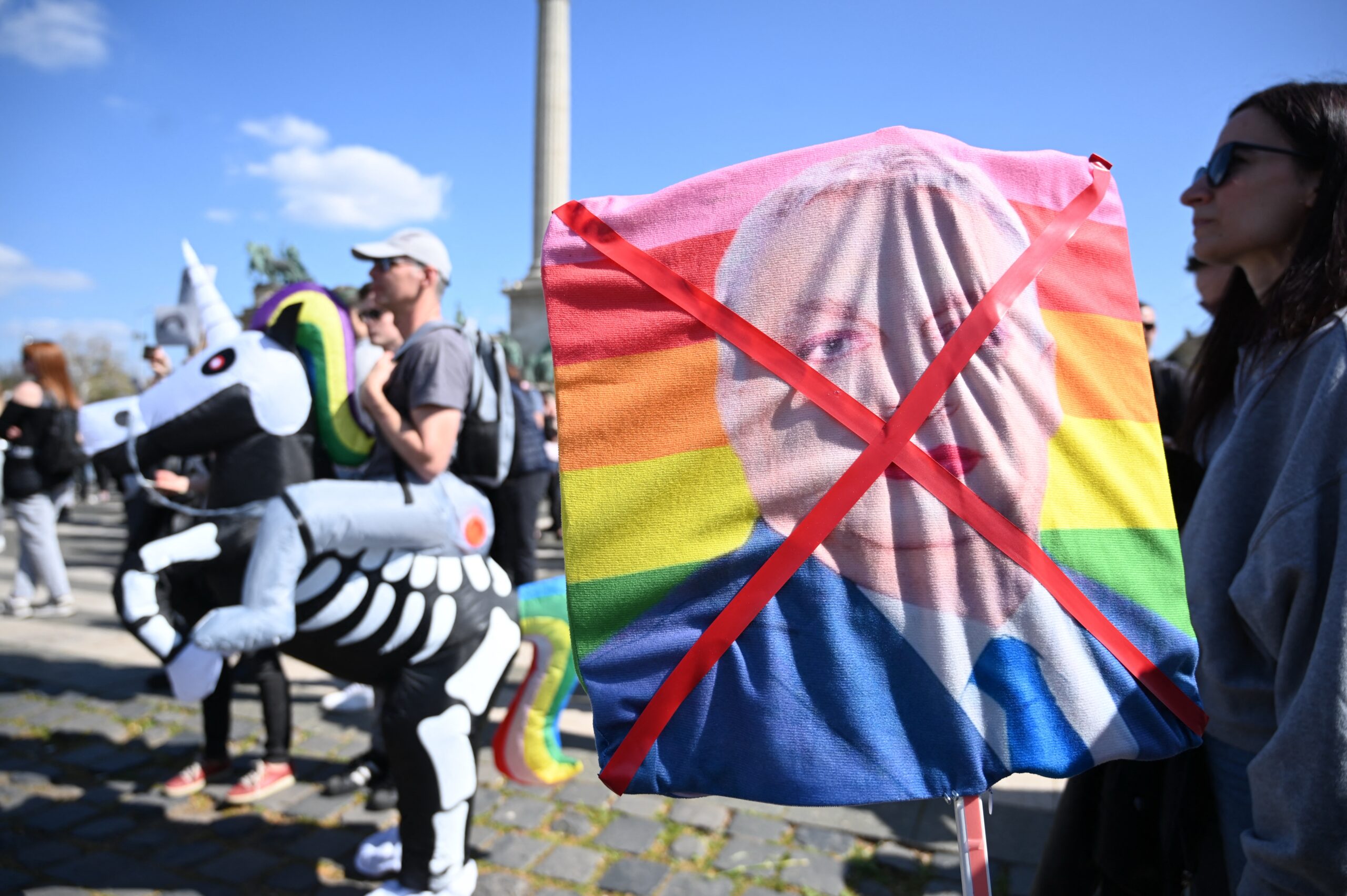Brussels – If you pull the rope too hard, it ends up snapping. With the latest blows dealt to the rule of law in Hungary – the crackdown on the LGBT+ community and the ban on Budapest Pride – and those to come – the probable adoption of the law on the “transparency of public life” – Viktor Orbán risks having crossed the line. After the condemnation by 20 member states for the ongoing democratic regression and the warnings of the European Commission, the EU Agency for Fundamental Rights (FRA) is also sounding the alarm: the latest developments “could violate the Charter of Fundamental Rights of the European Union” and “the values enshrined in the treaties.”
In a statement released last night (May 29), the Vienna-based agency expressed “deep concern” over moves by Orbán’s ultra-conservative government. The Putin-style law under parliamentary consideration, which would allow Budapest to silence dissent by masking it as foreign interference, “risks undermining the essential role that civil society plays in any law-based democracy,” FRA denounced.

The nature of the Transparency in Public Life Bill, together with the measures and constitutional amendments violating the fundamental rights of LGBTIQ+ people, drag Hungary further and further away from European standards: “They may violate the right to rights to freedom of expression, assembly and association, media freedom and pluralism, and privacy,” the Agency points out. In addition, they compromise the broader commitment to the EU values enshrined in the Article 2 of the Treaty on the European Union. These include “respect for human dignity, human rights, minority rights, pluralism, non-discrimination, tolerance, justice, solidarity and equality.”
The agency, headed by Irishman Michael O’Flaherty, insists: “Exceptional situation like the one developing in Hungary – such as legislating to enable a ban on the Budapest Pride – can and should be prevented across the EU.” The appeal is directed to the European Commission, which is obliged to “assess the specifics of legislation” but must intervene by its role as guardian of the treaties.
FRA highlights a second serious: Orbán’s moves (or more appropriately step backwards) “reflect broader trends of democratic backsliding, shrinking civic space and challenges to fundamental rights across the EU.” A subtle process that “rarely occurs through sudden ruptures”. The EU Agency for Fundamental Rights has picked up on this and already written it in its annual reports for 2023 and 2024, which indicate “a marked deterioration of civic space in recent years in several EU Member States.” Through the adoption of laws restricting the right to peaceful assembly and the use of surveillance technologies, “a growing body of legal, administrative, and financial measures” targeting civil society organizations, journalists, and activists. Measures often supported by the “spread of stigmatizing narratives that aim to delegitimize or discredit civil society actors.”

Viktor Orban e Giorgia Meloni al Consiglio europeo
To reverse the dangerous trend, the European institutions should “act decisively, support the implementation of EU Court of Justice rulings, and ensure the repeal of laws in breach of EU law,” as well as “support and make use of mechanisms for the protection of civil society actors and human rights defenders.”
The EU executive is keeping almost EUR 20 billion in EU funding for Hungary frozen due to conditionalities in the rule of law. In 2018, the European Parliament initiated the Article 7 procedure of the Treaty: long stalled at the table of national governments, it could – in light of the 20 member states cornering Orbán – reach the four-fifths consensus (22 out of 27) needed to proceed with the certification of “systematic and persistent violations” of the rule of law. The six still calling themselves out are (besides Hungary) Bulgaria, Croatia, Italy, Poland, Romania and Slovakia.
Concerning the “transparency of public life” bill, the European Commission has asked Hungary to withdraw the regulation, threatening legal action if it is finally passed.
English version by the Translation Service of Withub





